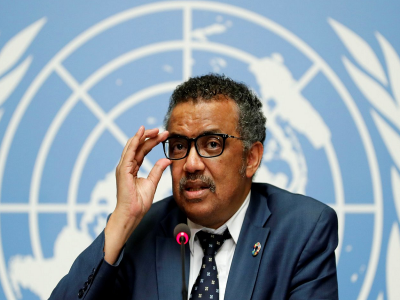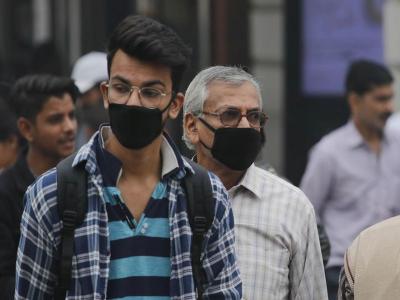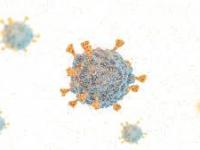Next Covid-19 variant will be more infectious, dangerous, and deadlier, than Omicron warns WHO
By Lokmat English Desk | Published: February 9, 2022 06:06 PM2022-02-09T18:06:21+5:302022-02-09T18:06:21+5:30

जगभरात कोरोनाचा हाहाकार पाहायला मिळत आहे. रुग्णांच्या संख्येने तब्बल 40 कोटींचा टप्पा पार केला आहे. तर लाखो लोकांना आपला जीव गमवावा लागला आहे. जगातील सर्वच देश कोरोनाच्या महाभयंकर संकटाचा सामना करत आहेत.

WHO epidemiologist and technical lead on Covid-19 Dr Maria Van Kerkhove has warned that the next variant will be more transmissible, and perhaps, more deadly than its predecessors.

“The next variant of concern will be more fit, and what we mean by that is it will be more transmissible because it will have to overtake what is currently circulating. The big question is whether or not future variants will be more or less severe.

She further warned that the next variant could more easily evade immunity, rendering vaccines less effective. However, she doubled down on the imperativeness of getting the jab as it protects against severe illness and death, as exhibited during the Omicron wave.

“We expect that with the right interventions, the circulation of Covid-19 will be low. But even within those circulations, there will be flare-ups among people who are not protected by the vaccine or those who have waning immunity,” added Dr Van Kerkhove.

The Delta variant that was first detected in India in October 2020 was labelled a variant of concern by the WHO. Delta was spreading 50 per cent faster than the Alpha variant, which was 50 per cent more contagious than the original strain of SARS-CoV-2, more commonly known as the coronavirus.

Omicron, which was quickly tagged as a variant of concern after being detected in South Africa in late November 2021, has replaced Delta as the dominant strain in a much shorter interval. Though milder, Omicron is at least two to four time more transmissible than the Delta variant. It also possesses an enhanced ability to evade vaccines, on top of a reinfection rate five times that of Delta.

Dr Van Kerkhove has cautioned that there is “no guarantee” the coronavirus will get weaker as it evolves and that although the world might hope that’s the case, “we can’t bank on it.”

However, there is a silver lining too. A study conducted at Steve Biko Academic Hospital Complex in South Africa offers a possibility of Covid-19 ending in the near future.

Based on the results, the researchers suggested that “Omicron may be a harbinger of the end of the epidemic phase of the Covid pandemic, ushering in its endemic phase”.

These studies are, however, only indicative and conditional to the emergence of new variants.

One of the many challenges over the course of the past two years has been in understanding the importance of the different routes of transmission of the SARS-CoV-2 virus that causes Covid-19.

Omicron variant is the dominant variant in the country presently and the current surge of COVID-19 cases in the country is showing a sustained declining trend since January 21, Union Health Minister Mansukh Mandaviya informed the Rajya Sabha on Tuesday.

The world has stepped into the third year of the coronavirus pandemic and it is still not clear if this is the end or new variants more transmissible and virulent are evolving to bring another wave and newer challenges for health authorities























